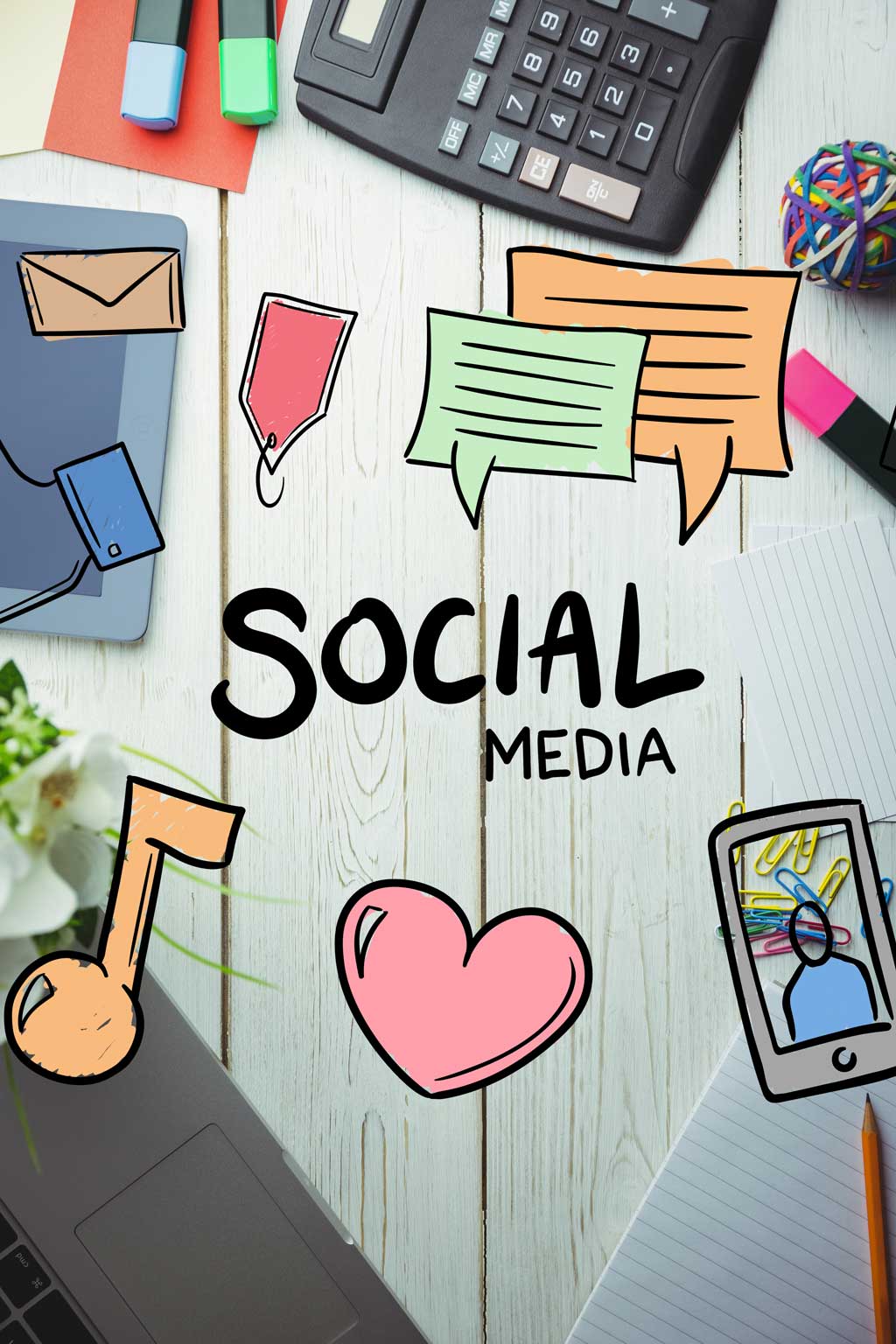Social Media Marketing
Social media has made a name for itself as a potent instrument for reaching, interacting with, and educating both new and existing audiences. By using social networks on both a sponsored and organic basis, businesses can increase their digital footprint.
Businesses can benefit from a wide range of social platforms, each having particular targeting techniques and campaign goals for improved performance, regardless of the stage in the marketing funnel. Despite many social networks moving to a “pay to play” model, organic social media is still an important factor on social networks.

Advertisement on social media fuels brand growth
DigiTech Library uses highly specialised targeting to support particular marketing aims and supports both B2B and B2C campaigns with a variety of branding and conversion goals. Building brand recognition and encouraging conversions are often the broad categories of marketing objectives, even if brands naturally have specific demands and ambitions. Campaigns for brand recognition are intended to increase reach and visibility to audiences outside the platform’s existing following.
We have top-level experience on the most popular networks such as Facebook, Instagram, LinkedIn, YouTube and Twitter along with newer and even emerging networks such as Snapchat, TikTok, Reddit, Quora and more!
- Organic Social Media
- Paid Social Media
- Community and Social Groups
- Facebook Ads
- LinkedIn Ads
DigiTech Library experts stay up to date with these advancements to help brands stay ahead of the competition.
FAQs
Social media is constantly developing new opportunities that businesses can capitalize on.
Why is it Social Media Marketing important?
Organic Social is a fantastic approach to increasing user engagement and creating genuine connections with your audience. Paid social, on the other hand, offers companies a cost-effective option to connect with a larger number of people across a range of similar-looking, interest-based, and behavioral target segments. By doing this, you raise your profile in a user’s newsfeed, which improves your brand’s reputation and credibility while also increasing engagement and, ultimately, sales.
Which social media platform is best for my business?
Choosing which platforms to use for your marketing depends on a number of factors. Do you prioritize B2B or B2C? Has the tone of your communications and engagement been decided upon and has your target audience been identified? What are the overarching goals? To successfully and affordably communicate with your audience in the right tone, DigiTech Library can help you define your target groups, develop a plan, and make budget suggestions.
What goals can paid social media advertising serve?
One widespread fallacy about paid social is that it works best for raising awareness at the top of the funnel. Paid Social, on the other hand, is a dynamic channel that supports campaign objectives all the way through the marketing funnel. Paid Social may support these objectives, whether you’re trying to increase video views to raise awareness or revenue-generating initiatives to increase ROI.
How can we measure social media marketing success?
The same metrics you use for any other marketing activity—traffic, leads, and customers—are used to gauge success. The bottom line that determines the success of your social media presence is how many people it drives to your site, how many of them are qualified leads, and how many of them actually become customers. Counting the number of fans or followers you have can help you understand your social media reach.
